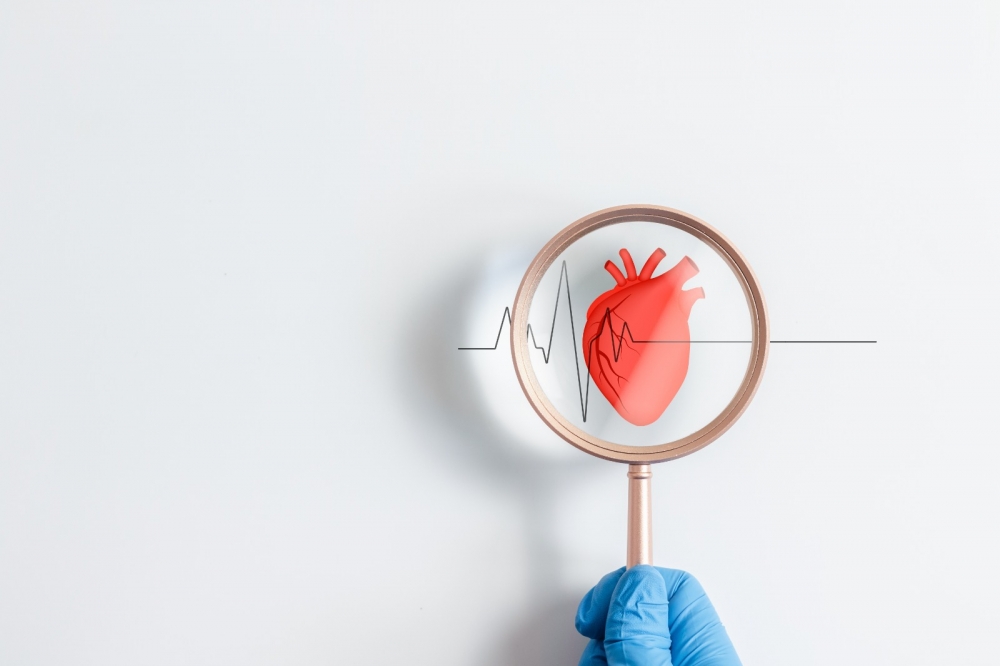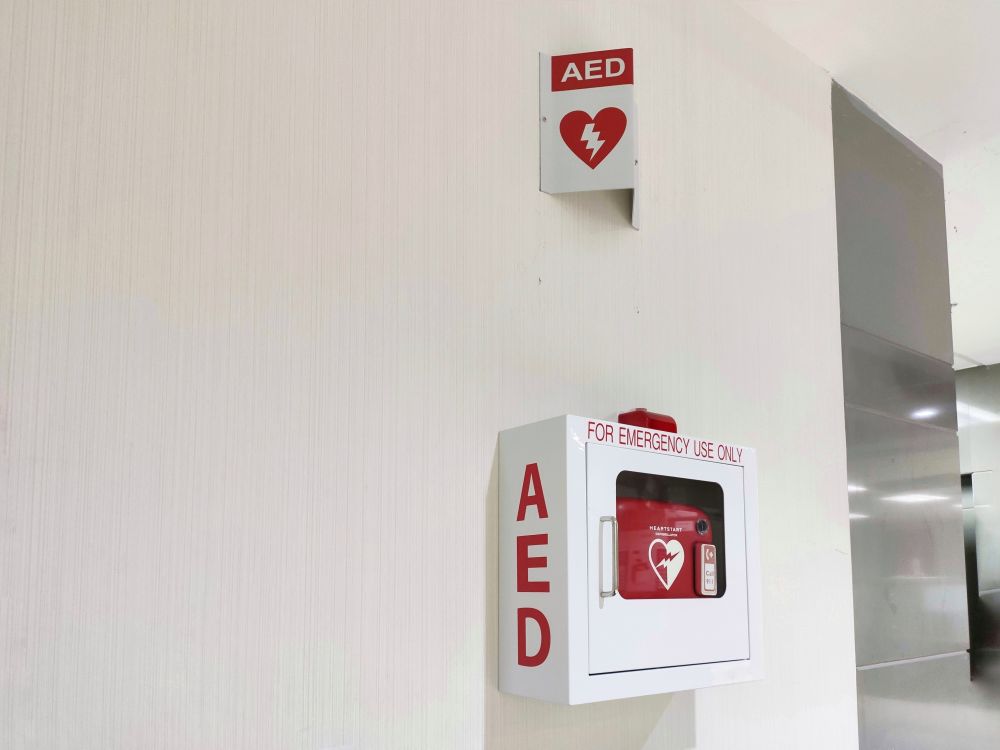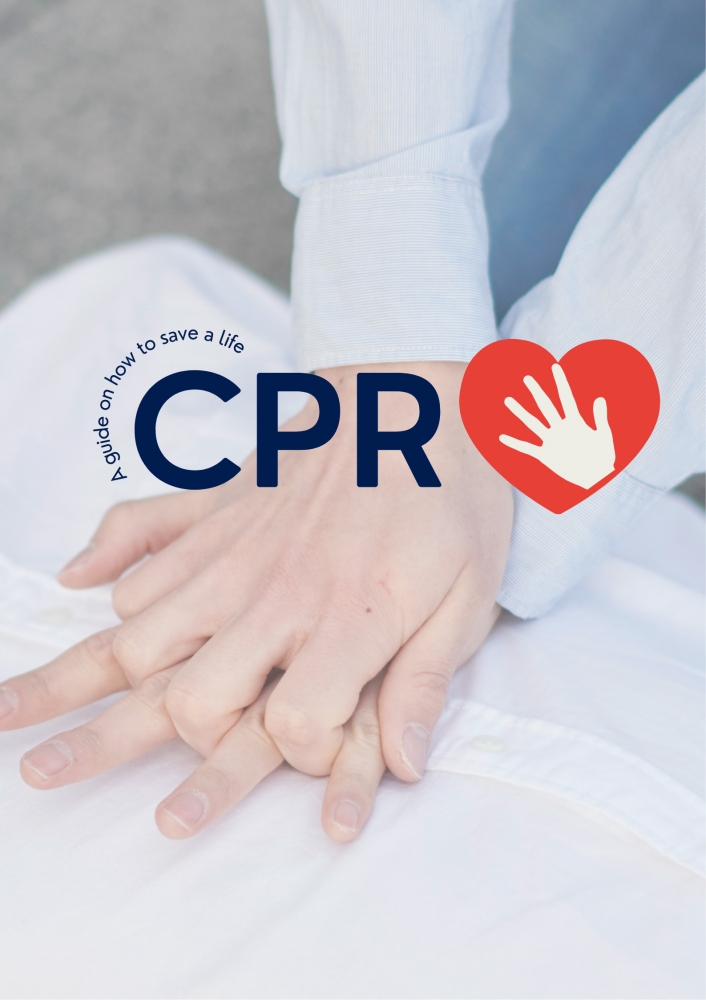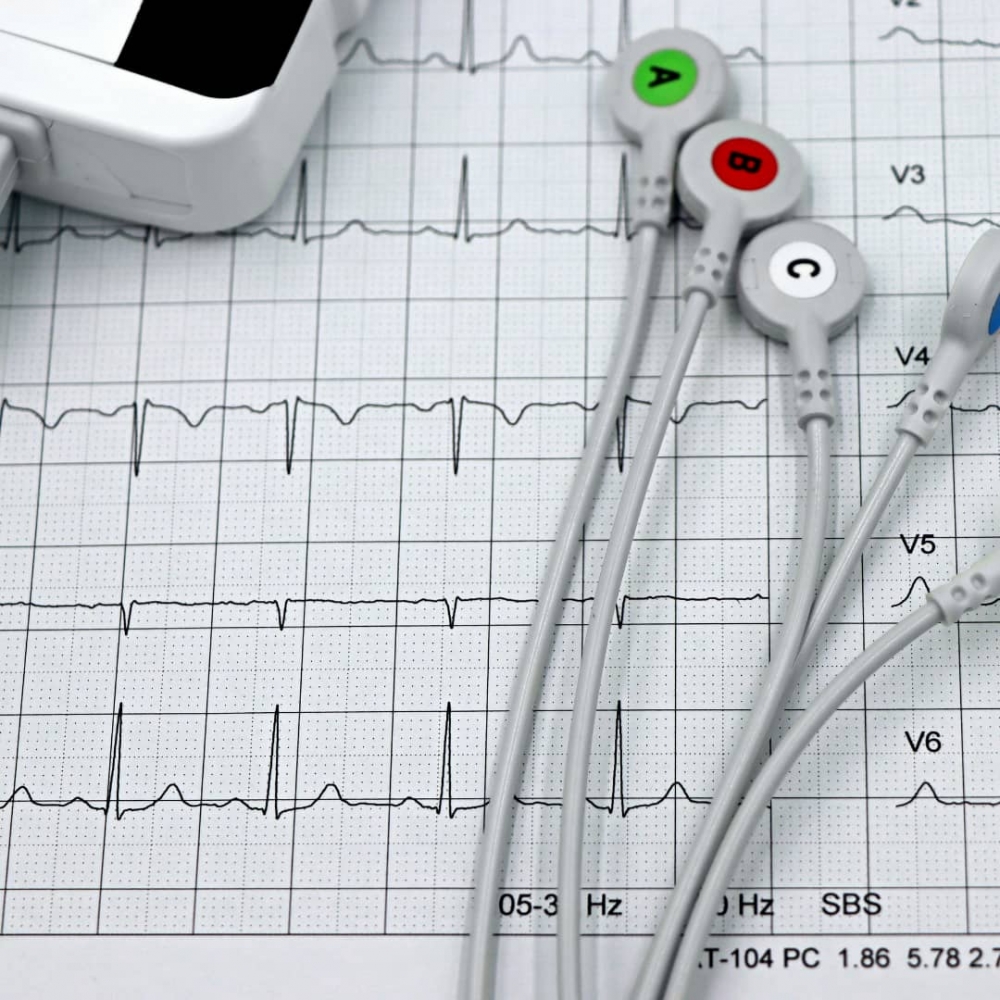Understanding Arrhythmia: When Your Heart Skips a Beat With Dr. Lim Chiao Wen

Your heart beats thousands of times a day, keeping you alive without you even thinking about it. But what happens when that rhythm goes off track? Arrhythmia, or an irregular heartbeat, can feel like your heart is racing, fluttering, or even pausing unexpectedly. While some irregular heartbeats are harmless, others can signal a serious underlying condition that requires attention.
In this article, let’s dive in, to understand what is arrhythmia, what causes it, and what you can do to keep your heart in check. Whether you have experienced palpitations, dizziness, or just want to learn more about heart health, this guide will walk you through the essential facts about arrhythmia.
What is an Arrhythmia?
An arrhythmia, also known as a heart rhythm disorder, occurs when the heart beats too fast, too slow, or irregularly. These irregular rhythms can arise from different parts of the heart and vary in severity—some may be harmless, while others require medical attention.
Your heart relies on an intricate electrical system to maintain a steady rhythm. When this system malfunctions, it disrupts normal blood flow, potentially leading to symptoms or serious complications. Early detection and proper management are essential in maintaining heart health.
If you want to learn more about how the heart works and what keeps it healthy, visit our How Your Heart Works page.
Types of Arrhythmias
Arrhythmias are generally classified based on where they originate within the heart:
- Supraventricular Arrhythmias – Originate in the upper chambers (atria) of the heart.
- Ventricular Arrhythmias – Develop in the lower chambers (ventricles) and can be life-threatening.
Atrial Fibrillation is one of the most common types of arrhythmia, particularly in adults, and increases the risk of stroke and other complications.
Symptoms of Arrhythmia
Some arrhythmias go unnoticed, while others can cause noticeable symptoms, including:
- Heart palpitations (fluttering or pounding sensation)
- Dizziness or feeling lightheaded
- Shortness of breath
- Chest discomfort or pain
- Unexplained fatigue or weakness
- Fainting episodes
Not everyone with an arrhythmia will experience symptoms, so regular heart health screenings are important, especially if you have risk factors. Find out more about Heart Screening Packages to assess your heart’s condition.
What Causes Arrhythmia?
Arrhythmias can be triggered by various underlying conditions, including:
- Heart-related conditions – Coronary heart disease, high blood pressure, heart failure, or past heart attacks.
- Electrolyte imbalances – Low levels of potassium, calcium, or magnesium in the blood can disrupt electrical signals in the heart.
- Lifestyle factors – Smoking, excessive caffeine or alcohol consumption, drug use, and stress can all contribute.
- Genetics – A family history of heart disease can increase the likelihood of developing arrhythmias.
In some cases, arrhythmias occur without any obvious cause and may be triggered by lifestyle or environmental factors. Learn more about Heart Disease Risk Factors.
Diagnosing Arrhythmia
A healthcare professional can detect an irregular heartbeat during a routine examination. If an arrhythmia is suspected, further tests may be recommended:
- Electrocardiogram (ECG/EKG) – Measures the heart’s electrical activity.
- Holter monitor – A portable ECG that records heart rhythms over 24 hours or longer.
- Stress test – Evaluates heart function during physical exertion.
- Echocardiogram – Uses ultrasound to create images of the heart’s structure.
- Electrophysiology study (EPS) – Assesses the electrical activity inside the heart.
If necessary, a Cardiac Electrophysiologist, a specialist in heart rhythm disorders, may be consulted for further evaluation.
How is Arrhythmia Treated?
The treatment for arrhythmias depends on the type, severity, and underlying cause. Some mild cases may not require intervention, while others need medication, lifestyle changes, or medical procedures.
- Medications
- Antiarrhythmic drugs help regulate heart rhythm.
- Beta-blockers and calcium channel blockers control heart rate.
- Anticoagulants (blood thinners) may be prescribed to prevent blood clots, particularly in atrial fibrillation.
- Lifestyle Modifications
- Quit smoking and limit alcohol/caffeine intake.
- Manage stress through relaxation techniques.
- Exercise regularly to support heart health.
- Medical Procedures & Devices
- Cardioversion – A controlled electric shock to restore normal heart rhythm.
- Catheter Ablation – A minimally invasive procedure that eliminates faulty heart tissue causing arrhythmias.
- Pacemaker – A device implanted under the skin to regulate slow heartbeats.
- Implantable Cardioverter Defibrillator (ICD) – A device that monitors and corrects life-threatening arrhythmias.
For those requiring specialized care, visit our Electrophysiology Page to learn more about treatment options.
Take Charge of Your Heart Health
Arrhythmias can be managed with the right approach, from lifestyle changes to advanced medical treatments. If you suspect you have an irregular heartbeat or have risk factors for arrhythmia, consult a cardiologist for a comprehensive evaluation.
Early detection and proper management can significantly improve your quality of life. Take the first step today by scheduling a Heart Health Screening and prioritizing your heart health!
BackSuggest to Read









